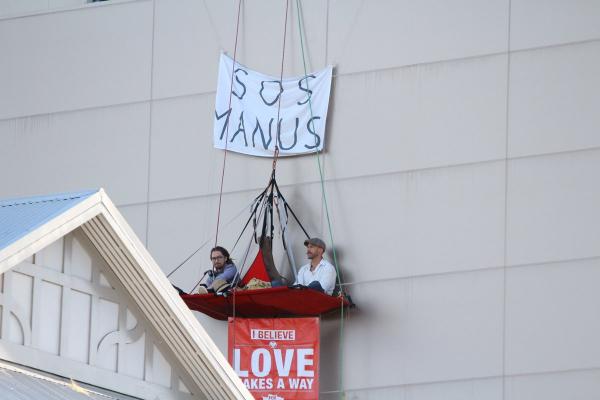Nov 10, 2017
No food. No water. No sanitation. No safe place to go. No future.
This is the reality for the refugees in detention on Manus Island off the coast of Australia, where a U.N. human rights committee says international law is being violated.
Read the Full Article

Already a subscriber? Login
